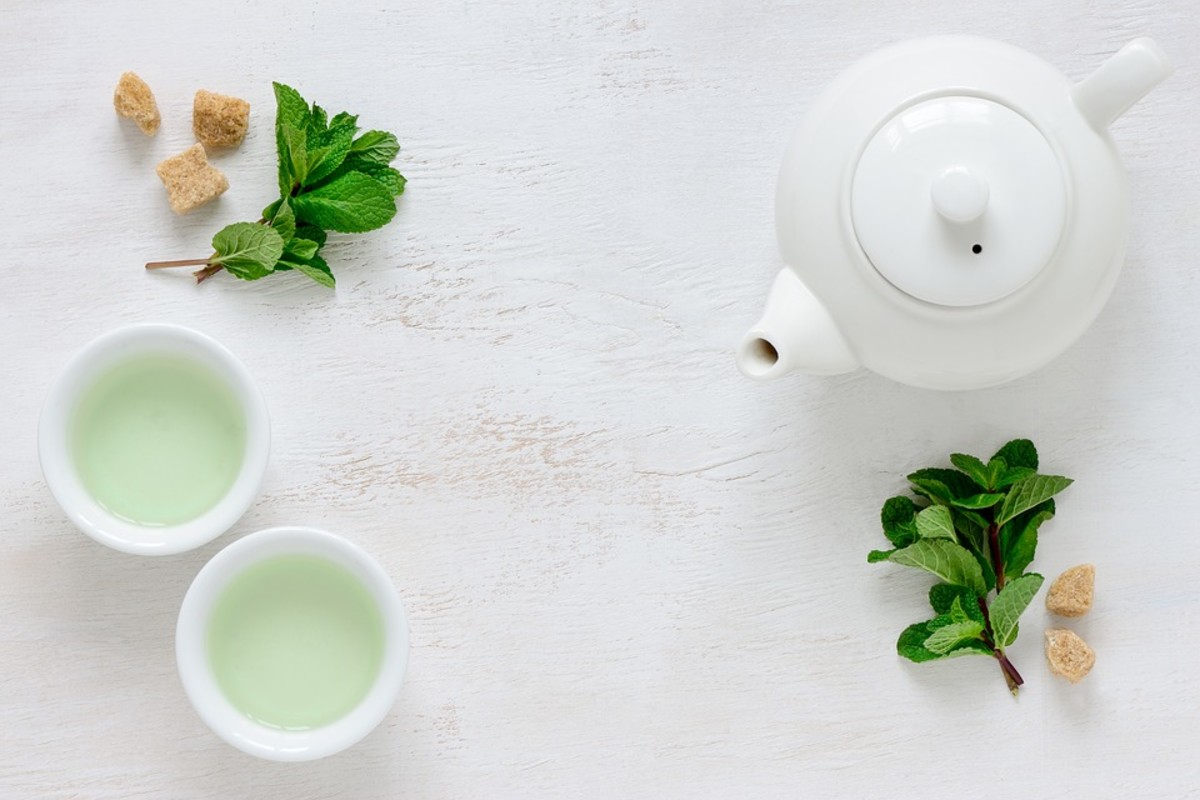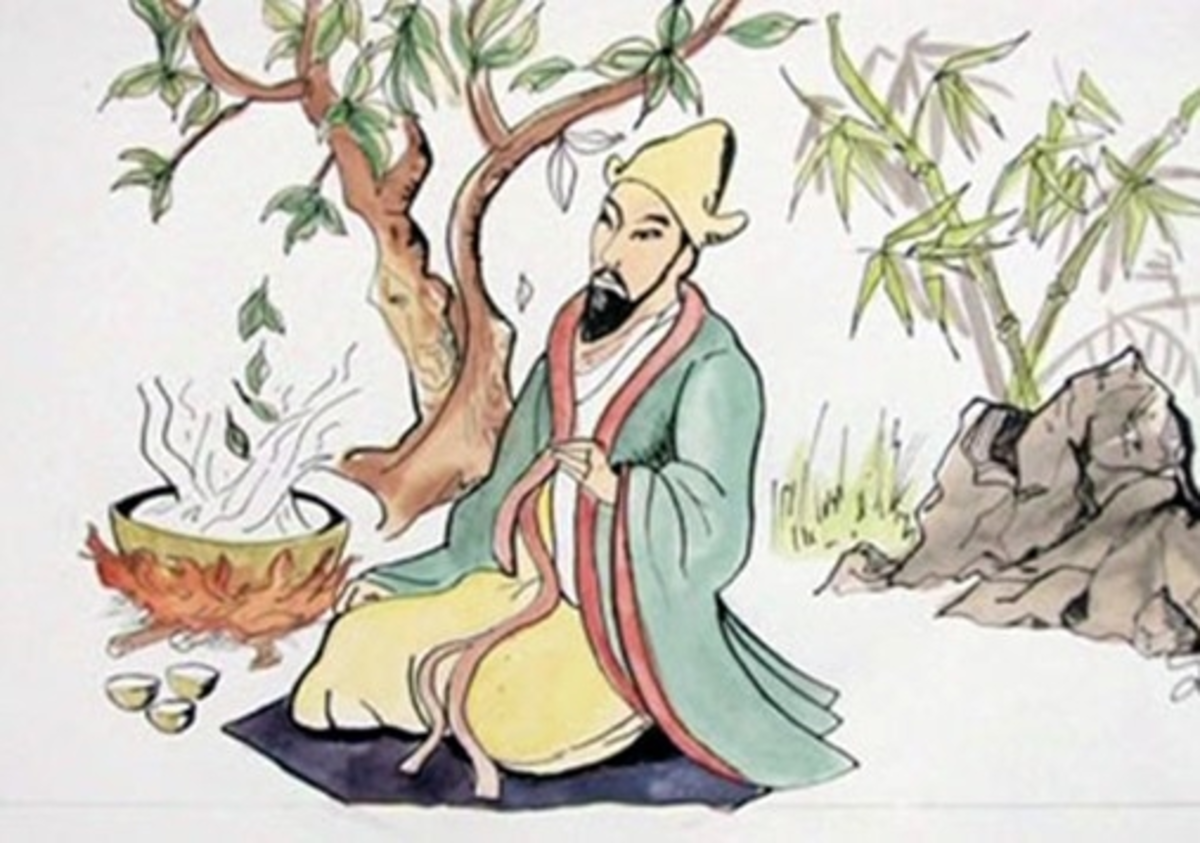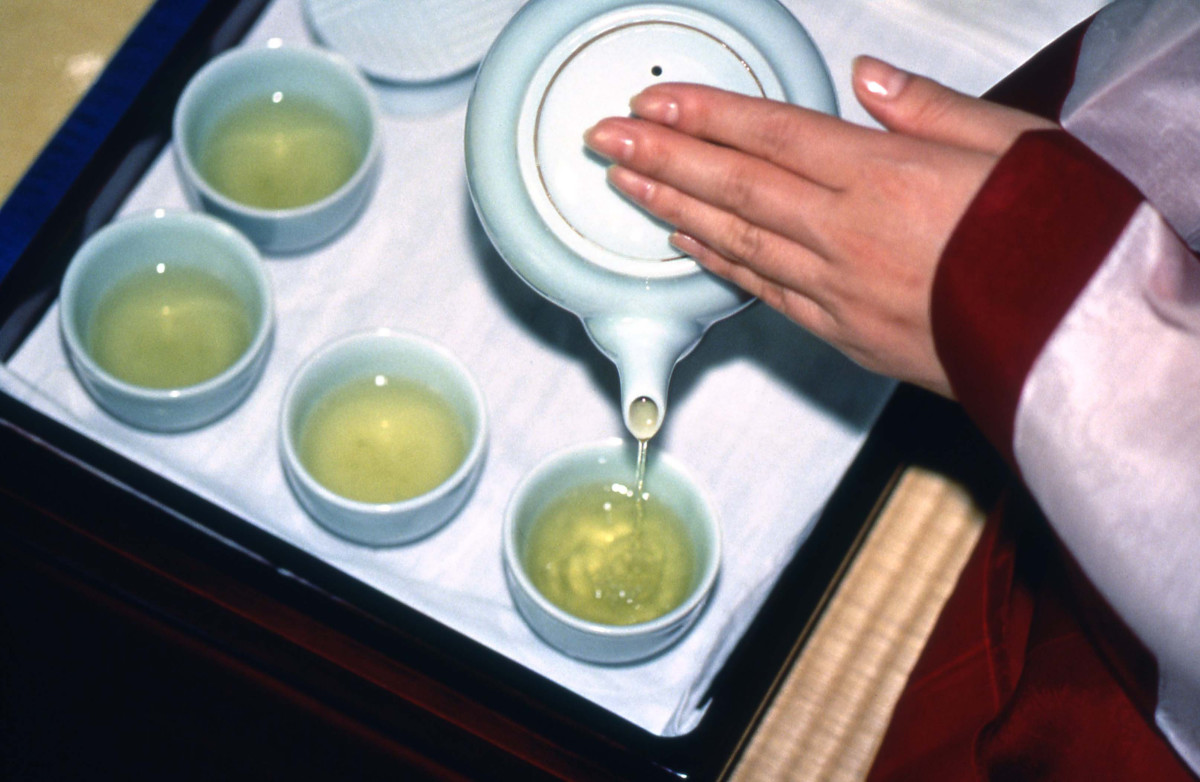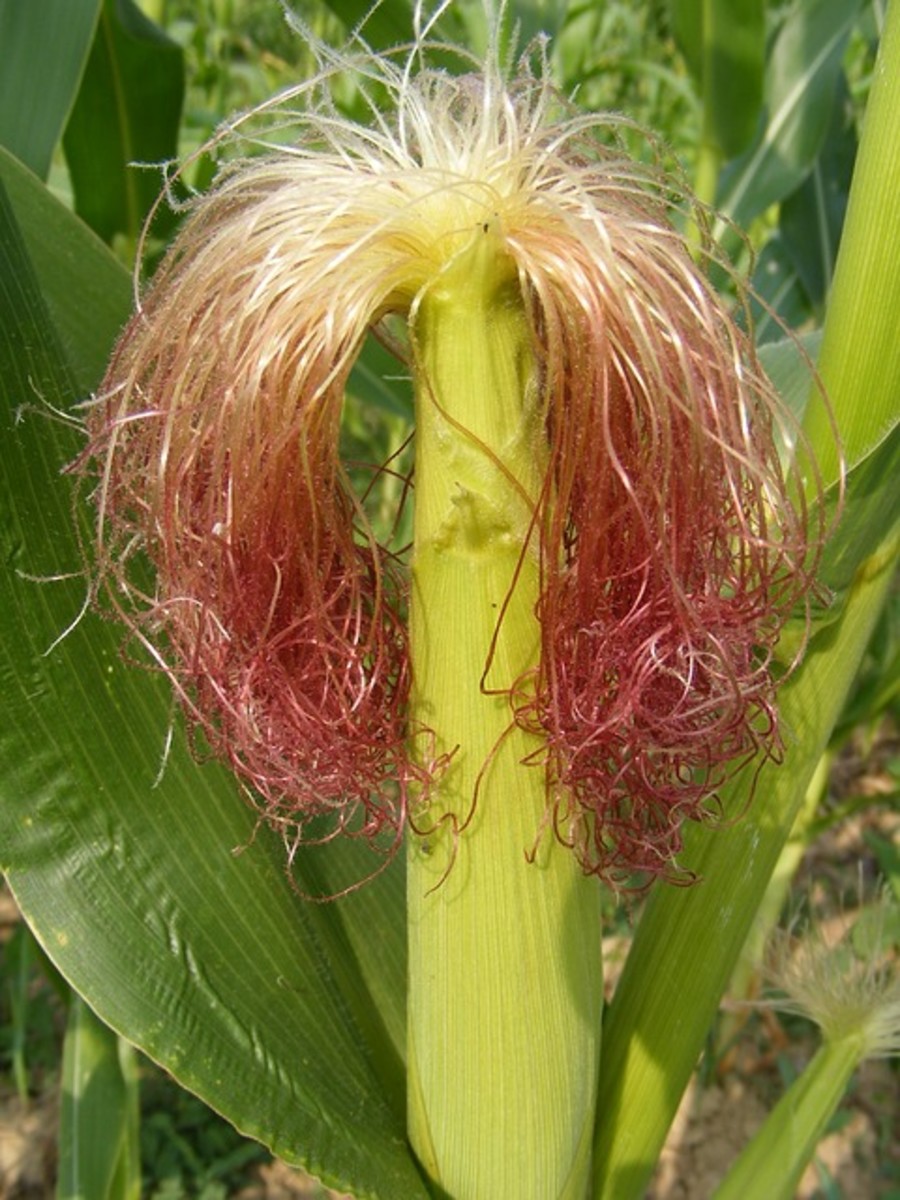The Benefits of Drinking Tea
The Origin of Tea
Humanity’s obsession with tea can be traced back to ancient China, where it was consumed for its supposed medicinal benefits.
Myths abound as to the drink’s true origin, with the most popular revolving around the emperor Shennong and his serendiptous luck one afternoon as he sat drinking hot water in the shade of a tree. According to legend, a chance wind blew some of the tree’s leaves into Shennong’s cup, changing the color of the water inside and prompting the emperor to venture a sip. As fate would have it, he loved the beverage’s unique taste, and took it upon himself to research its benefits on the mind and body. With enough time, tea became the drink of choice among the Chinese.
Another popular legend tells the story of Prince Bodhi-Dharma, an Indian saint who, in adherence with the principles of the Zen faith, undertook to meditate for nine straight years. Dharma’s resolve, however, broke towards the end of the ninth year, causing him to shut his eyes and drift to sleep. Upon awakening, the despairing prince is said to have cut off his eyelids—whose shape, it should be noted, is similar to that of a tea leaf—and cast them to the ground. Within seconds, a tea plant had sprung up from the earth, fruitful forevermore.
Which Origin Story do You Prefer?
While both legends are interesting in their own rights, records show that the first tea plants likely originated in areas around southwest China, India, and Tibet. Merchants en route to each region—or cutting through them to reach another market further off—observed people chewing tea leaves in an effort to extract medicinal compounds from them. Fascinated by the practice, and seeing tea’s lucrative potential in their home markets, the merchants took as many leaves as they could hold back with them. In this way, tea spread throughout China, rising eventually to become the country’s national beverage.
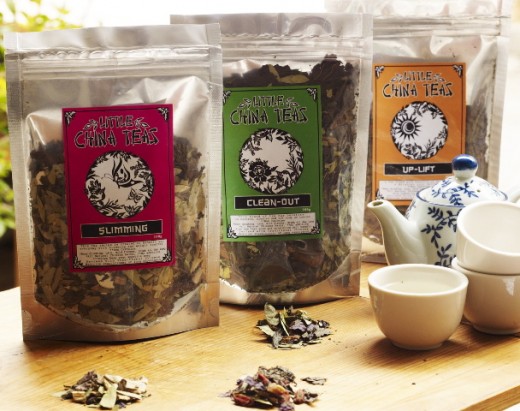
Types of Tea
Tea leaves are divided into classes based on their color, flavor, aroma, and steeping characteristics. Some of the most popular classes include
- Green Tea
- Black Tea
- White Tea
- Yellow Tea
- Oolong Tea
- Chai Tea
While that list is just a sampling of the possible varieties you can find on the market, it encompasses a fantastic array of teas. If you’d like to learn more about any one of them, check out Teatulia’s article on the subject.
Tea in Popular Culture
Of the varieties listed above, green tea has been marketed most extensively as a form of alternative medicine.
According to the National Institute of Health (NIH), regular consumption of green tea has been linked to heightened mental alertness, which may improve performance in tasks requiring focus and dexterity. It may also improve gastrointestinal function and relieve symptoms of headache.
The NIH stresses, however, that green tea has yet to be tied conclusively to any of these benefits. “Although many studies have been done on green tea and its extracts, definite conclusions cannot yet be reached,” it says.
The NIH’s reserved outlook on the medicinal effects of consuming green tea, however, has done little to deter purveyors of alternative medicine from making claims about the drink’s supposed healing abilities. Some, such as Jon Barron, posit that green tea is “particularly effective in destroying the causes of leukemia, prostate cancer, [and] breast cancer”, while others merely say it will help you burn fat.
Indeed, searching Amazon for “green tea supplements“ returns thousands of products, a result that shows in clear color the popularity of such unproven claims.
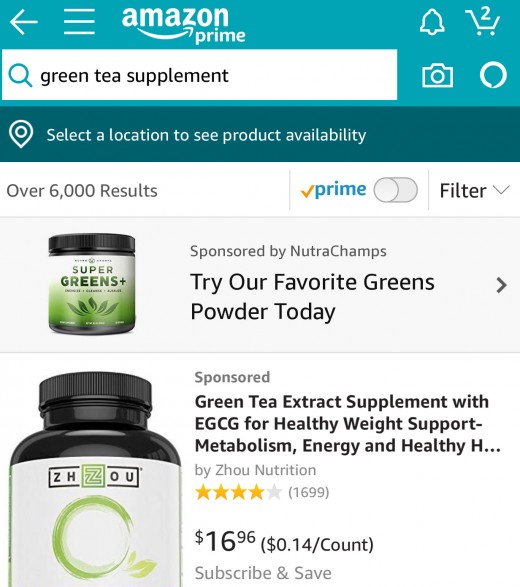
Case in point.
Is Tea the Miracle Drink Some Claim it Is?
To make a long story short, no.
As a rule of thumb, whenever a product is marketed as a ”cure-all”—meaning it can reverse aging, stop cancer in its tracks, and plug your dog’s bloody nose all at the same time—it really cures nothing. As the NIH attests, none of the claims surrounding green tea’s medicinal benefits have been conclusively proven; if someone markets a product saying otherwise, they’re off the mark.
That isn’t to say, however, that drinking the stuff will do you no good. Green tea does contain caffeine, which has been shown to stimulate the mind and contribute to improved mental alertness for short periods. It’s also an undeniably good source of antioxidant catechins, which may reduce the rate at which cellular damage occurs by blocking the oxidative (electron-nabbing) effects of free radicals.
The key takeaway here is that green tea, while healthy, isn’t the panacea some claim it to be. However tempting it is to buy into claims that there exists a silver bullet for all the things that ail you, life is rarely that simple.
So, if you find the taste of tea appealing, drink to your heart’s content. And if not? Don’t stress—you aren’t digging yourself into an early grave.


